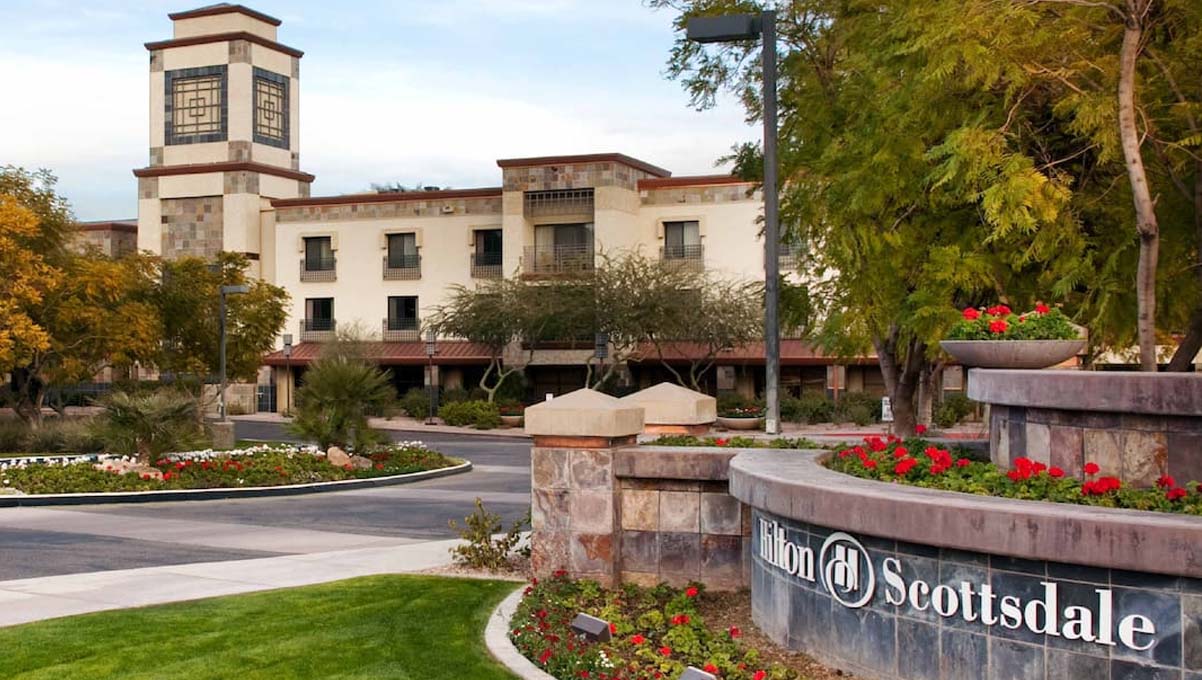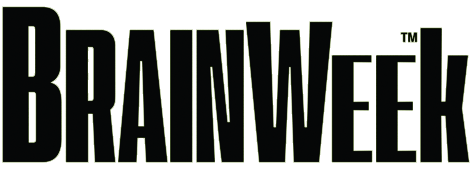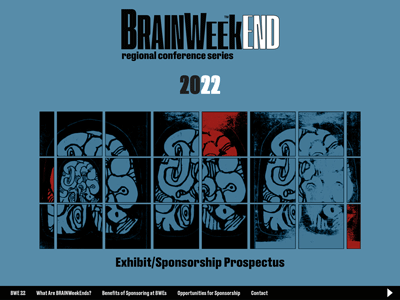May 21, 2022
This conference will provide 6 CE/CME credits hours
Register today for only $129!
Hilton Scottsdale Resort & Villas
6333 North Scottsdale Rd.
Scottsdale, AZ 85250

A rising geriatric population, increased life expectancy, and the anticipated launch of novel molecules are driving the growth of the CNS landscape and, with it, the need for continuing medical education for practitioners who treat these disorders. As such, coordination of care between specialists and primary care is a critical component of safe, efficient, and patient-centered care.
This educational activity addresses the needs of specialists and frontline clinicians who treat and manage CNS conditions: internists, neurologists, nurse practitioners, pharmacists, physician assistants, primary care physicians, and psychiatrists.
The current estimated annual cost to American society of just nine of the most common neurological diseases is staggering, totaling $789 billion. These conditions include Alzheimer’s disease and other dementias, low back pain, stroke, traumatic brain injury, migraine, epilepsy, multiple sclerosis, spinal cord injury, and Parkinson’s disease.
Gooch CL, Pracht E, Borenstein AR. The burden of neurological disease in the United States: a summary report and call to action. Ann Neurol. 2017;81:479-484.
Conference Agenda & Accreditation
Faculty and courses are subject to change. Please refer to the online schedule below for the most recent course descriptions.
Click on the + signs within the agenda to view the course description, UAN number, and AANP pharmacology credits.
*Not certified for credit
As we better understand the acute challenges of managing the COVID-19 pandemic, it is the lingering effects on COVID-19 survivors that healthcare providers are increasingly beginning to treat. Initially viewed as a respiratory disease, it is now clearer that many organ systems are affected due to a systemic inflammatory response. Many COVID-19 survivors have sustained prolonged periods of sedation and immobilization, putting them at increased risk of myopathy and polyneuropathy. Emerging reports of neurological sequelae include nerve pain, confusion, headache, anosmia, and chronic fatigue. This course will shed light on some of these emerging symptoms and potential treatment solutions.
Faculty: Michael M. Bottros, MD
UAN: 0530-0000-22-059-L01-P
Rx Hours: 0.0
Many providers are unfamiliar with the information surrounding ALS and there are many knowledge gaps surrounding this disease state. Arming providers with an expansive understanding of this disease state is extremely important. This course will provide healthcare providers with clinical updates and tools that will ensure that their patients receive the best possible care available.
Supported by an educational grant from Mitsubishi.
Faculty: Xiaoyan Li, MD, PhD
UAN: 0530-0000-22-089-L01-P
Rx hours: 0.1
This course will provide a summary of the best-evidence treatments for Parkinson’s disease, drug-induced movement disorders, and a select group of other movement disorders. Symptomatic and disease modifying therapies will be discussed and evidence-based approaches to achieve the best treatment outcomes in Parkinson’s disease and other movement disorder conditions will be reviewed. The motor complications of Parkinson’s disease will be described including strategies for managing on-off dopamine medication fluctuations. Finally, a model for optimal care including a collaborative care team will be discussed.
Faculty: Gregory Pontone, MD, MHS
UAN: 0530-0000-22-061-L01-P
Rx hours: 0.0
Breaks & Exhibits
*Not certified for credit.
Difficulty with medication adherence is common in bipolar disorder and results in significant disability and suffering. There are many potential barriers to medication adherence. These include external factors such as complex medication regimens, side effects, and issues with access to care, as well as patient specific factors such as sociodemographic issues, maladaptive beliefs about the illness, and the severity and nature of an individual’s bipolar symptoms. This session will provide an overview of these barriers and practical strategies for addressing some of them in clinical practice, with a focus on crafting an effective and tolerable medication regimen for our patients. In particular, the use of long acting injectable (LAI) treatments to enhance medication adherence in bipolar disorder will be explored.
Faculty: Sanjai Rao, MD, DFAPA
UAN: 0530-0000-22-058-L01-P
Rx hours: 0.6
Breaks & Exhibits
Central poststroke pain (CPSP) is a neuropathic pain disorder frequently described as burning pain associated with allodynia and hyperalgesia over affected regions of the body. The underlying mechanisms are not well understood. It has been suggested that stroke associated loss of inhibitory neurons in the spinothalamic tract causes disinhibition of thalamic neurons, which generate ectopic nociceptive action potentials responsible for the pain experience. However, data suggests that pain is dependent on the peripheral afferent input and may be mediated by misinterpretation of sensory input. In this course, we review the pathophysiology, clinical presentation, and symptoms of CPSP. Recent findings may also shed light about future targets for treatment.
Faculty: Michael M. Bottros, MD
UAN: 0530-0000-22-062-L01-P
Rx hours: 0.0
This course will provide a summary of the most common clinical presentations of Parkinson’s disease, essential tremor, and multiple sclerosis. Strategies for efficient differential diagnosis of each disease will be reviewed. Existing or emerging biomarkers will be discussed. Finally, the talk will conclude with a brief outline of general treatment strategies and emerging trends and how to proceed if uncertainty remains in the differential diagnosis.
Faculty: Gregory Pontone, MD, MHS
UAN: 0530-0000-22-060-L01-P
Rx hours: 0.0
Event Registration
We respect the value of your time and the complexities of arranging coverage for conference travel. At BRAINWeekend, you can experience the significance of peer-to-peer learning and earn 6 CME/CE credit hours for this event.
Conference Venue

Conference Venue
Hilton Scottsdale Resort & Villas
Scottsdale, AZ 85250
Phone Number: (480) 948-7750
BRAINWeek Exhibitors and Sponsors
Click below to download the Exhibit/Sponsorship Prospectus.














